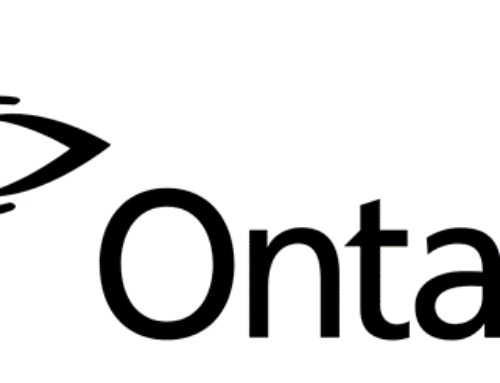
Many clients ask about our RFP win-rate when we talk for the first time. Seeking to understand win-rate seems like a logical factor in choosing an RFP writer. Here’s why we won’t/can’t give it to them – and why they shouldn’t believe us if we did (why we would be blowing smoke).
- There are other key steps of the RFP-proposal winning process that we are not involved with. For example, bidders may get an opportunity to make a presentation to the issuer. While we are often involved in helping our clients with their presentations (produce the slides, presentation logic, etc.), we do not make the actual presentation or control any of the follow-up that’s required before a new contract is signed. While we provide all the assistance we can to help a client succeed, the client is in control of many important steps necessary to win a bid. Our job is to help them maximize their RFP win-rate.
- We have nothing to do with pricing. When we do hear about a losing bid, price is the most common reason. Our job is to understand what the issuer is seeking and to write a response that both meets the issuers needs and stand out from others. However, that does not include pricing for our clients’ products and services. We do not have the insight required to do pricing consulting for our clients (actually we could do it, but that’s a different service). Very few clients want us to. Although well-written proposals have the best chance of overcoming price sensitivity, it doesn’t always work.
- We don’t always hear the proposal outcome. Even though we follow-up with all our clients, sometimes we don’t hear how things turned out. There are lots of reasons for not hearing back (sometimes, the process simply gets delayed longer than anyone expects). We do not assume the bid was won or lost when we don’t hear anything.
- There is no way to prove win-rate. We could give you any number we want on our win-rate and you wouldn’t know if it was real or not. Either would we. And that’s a key reason for not quoting win-rate to new clients.
It’s clear from talking to some clients that some writers do provide a win-rate. While it’s possible other writers have a more finely-tuned, accurate approach than us, we generally advise potential clients to proceed with caution when quoting win-rate as a hard factor in their decision making process.
How to judge an RFP writer without using win-rate.
- How long has the RFP writer been in business? It’s impossible to have a successful RFP writing business (or any business, right?) without satisfied clients. In our case, we’ve been in business ten years and served hundreds of clients. Length of service is probably one of the most telling recommendations for an RFP writing business.
- Check testimonials and references. Our website includes a number of testimonials. They are real and we continue to gather them. Ask, if you would like to see more. Sometimes, we will provide references provided we are not overloading a client or breaching confidentiality. Confidentiality in the RFP-writing space is crucial. Without it, we wouldn’t have any clients. It’s one of the reasons we don’t provide written samples either.
- Chat with the RFP manager. If you speak with Karen here at Boardroom Metrics you will have the opportunity to decide if she has a clue or she’s just faking it. If, like most new clients you leave a conversation with Karen with more understanding about the RFP writing process, how it works, where you fit and how we work, then it’s likely you will decide she’s not faking it. Karen has told more than one client NOT to engage on a particular RFP. Clients appreciate the honesty.
- Chat with the writer. Provided the conversation with Karen goes well, the next step is to introduce a prospective client to the writer best-suited for your project. Then, you will have the opportunity to understand the writer’s expertise and experience. You should come away feeling confident that the writer can handle your writing needs. If not, then look for another writer.
- Do an on-line search of blogs, articles, websites, etc. We’re committed to the RFP writing business and we are happy to share expertise that helps everyone get better at it. Writing blogs is an especially important tool we use for creating awareness – not just for Boardroom Metrics – but for outsource RFP writing in general. By reading and gathering information on-line, you can get a good sense of writers, their writing and their likely win-rate.
Another way of maximizing RFP win-rate.
We understand that every client wants to maximize their RFP win-rate. They look to us to help. One of the services we provide when we’re not writing RFP’s is to conduct professional assessments of RFP’s clients have submitted. We assess everything from their RFP writing process to their follow up with issuers on successful and unsuccessful bids. If you are talking to Karen, ask her about or RFP Assessment process. It will help your win rate!








Leave A Comment